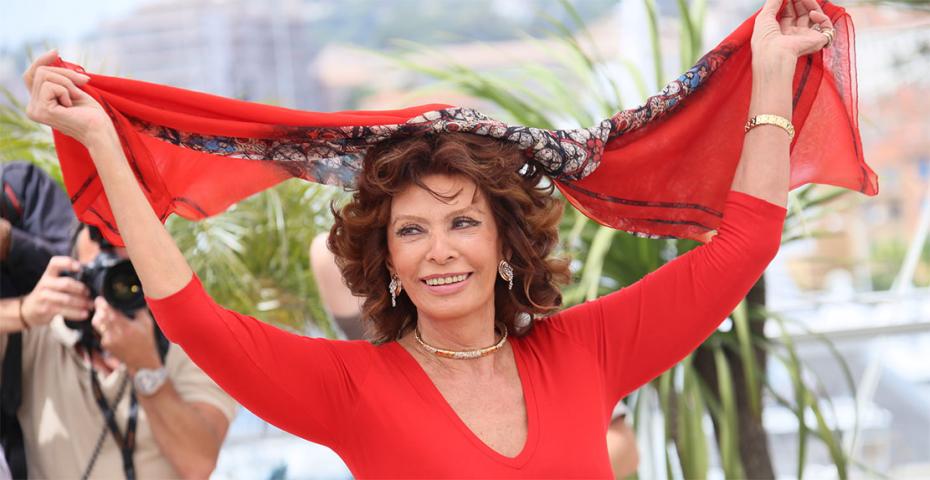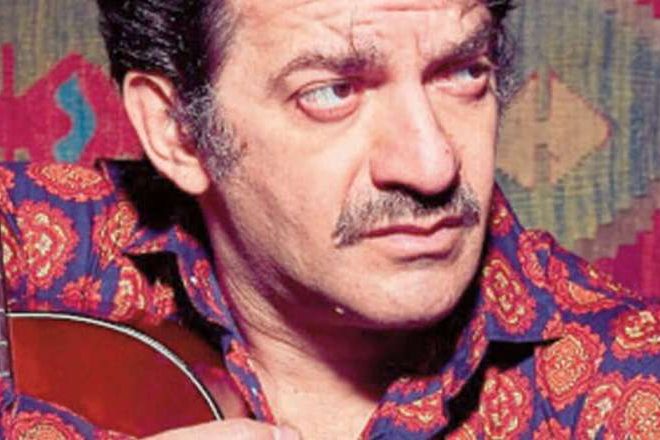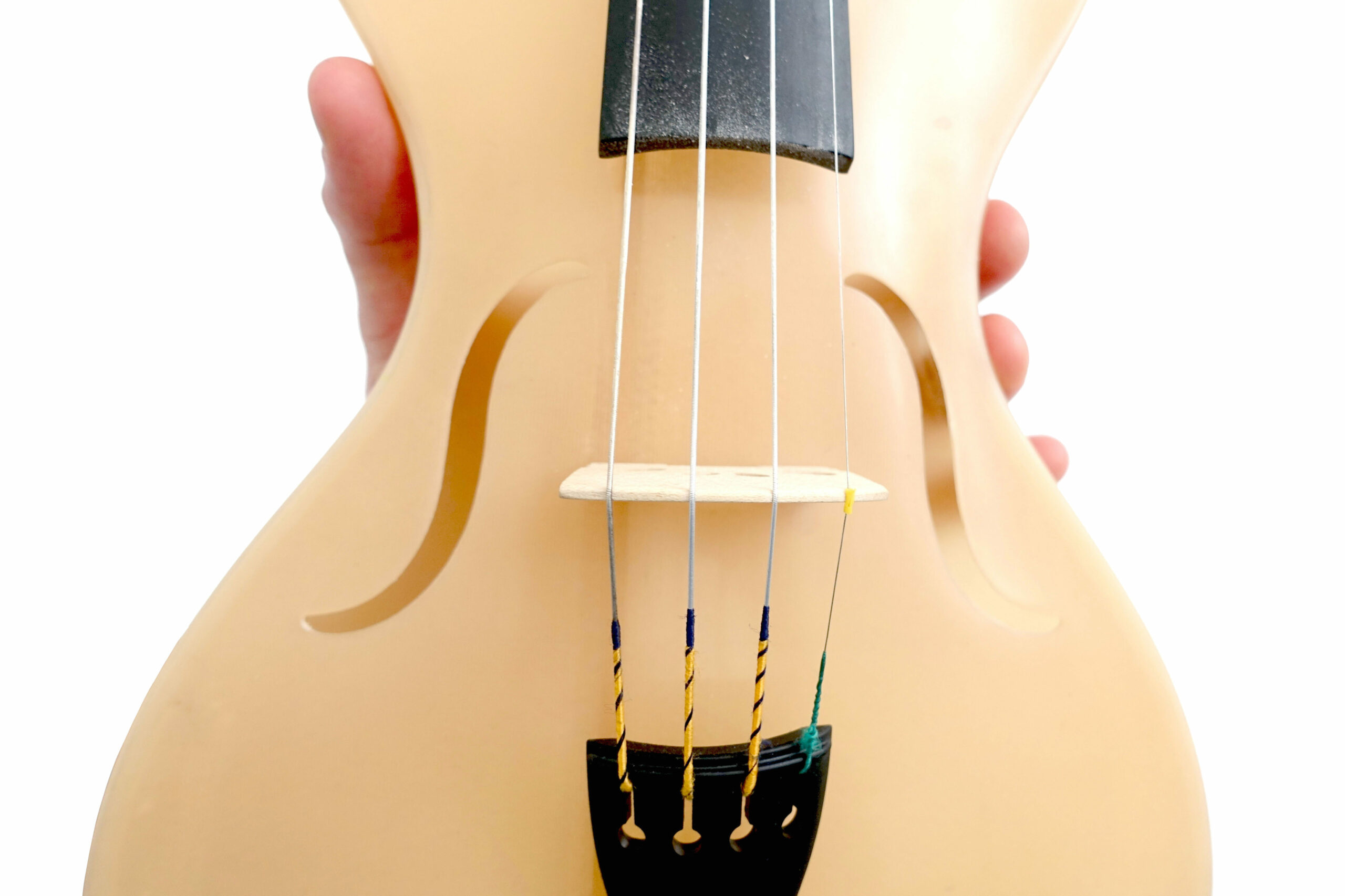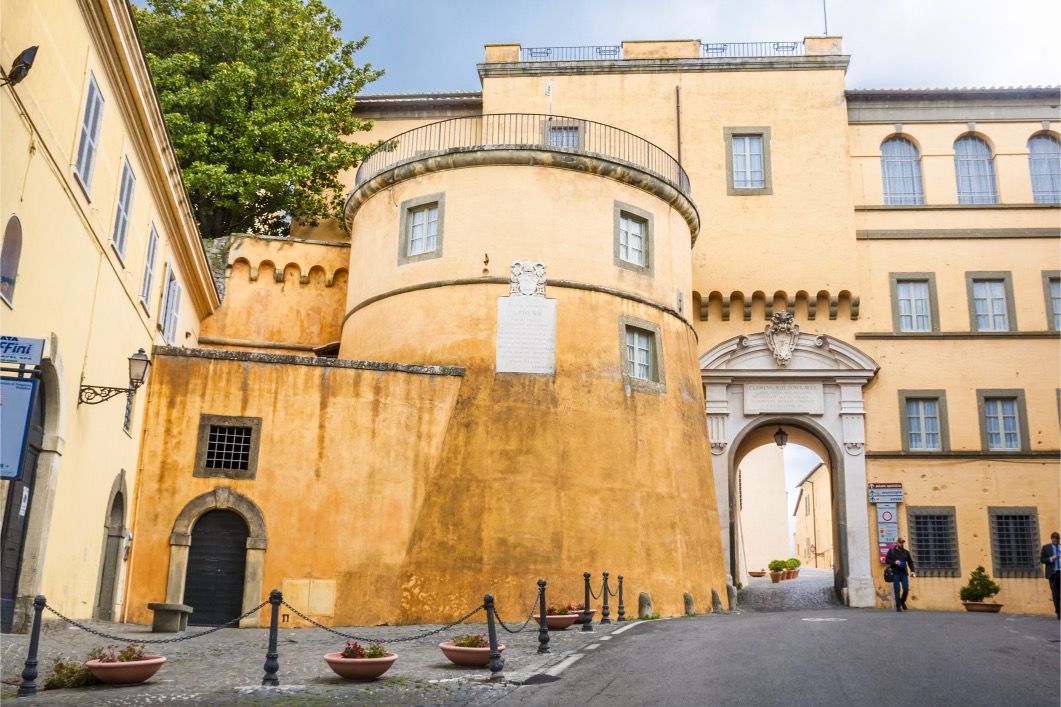Once you exit the freeway – whether the “605” or “5,” depending on your route – an Emerald City appears on the horizon.
No, you’re not re-experiencing The Wizard of Oz in a dream. What you’re seeing before your eyes it’s the shining glass complex that hosts the Cerritos Center for the Performing Arts (CCPA).
On September 16th, this majestic venue for conferences, concerts and events – inaugurated by the Cerritos City Council in 1993 – opened its 2016-17 Season, with the jam-packed once-in-a-lifetime “Evening with Sophia Loren.”
Prompted by questions from Bill Harris – former host of Entertainment Tonight – the legendary actress – born Sofia Villani Scicolone – opened her heart out to the audience, starting with her difficult childhood, during WWII in Pozzuoli (commune of the Metropolitan area of Naples, Italy).

During heavy bombing, she would spend her nights with her younger sister, Maria, and their beautiful mom, Romilda – who, as described by Sophia: “looked exactly like Greta Garbo and would do anything to look like Greta Garbo!,” in a tunnel populated by a number of crawling animals. However Sophia, in all her childlike escapism, was not afraid at all.
It’s hard for someone living today in the Western World to picture the fear of awakening the next day to find your house razed to the ground by the bombs. But that’s what Sophia and her family went through every morning.
At last, light shone at the end of the tunnel. To quote Sophia’s words: “When they came in (RE: the Allies), they brought little cans of Espresso coffee, some of whose I picked up, and running to my grandma, gave her as a gift.”
Loren’s mom and grandmother let the soldiers eat, drink, and sleep at their home. Their family was the first to open the bar and serve liquor to the troop. Little Sophia – nicknamed “toothpick” for her very thin figure – performed before an audience for the first time, as she danced boogie-woogie with the soldiers, while Maria sang for them.
They were scraping together 13 dollars a day, which enabled them to buy food for a month and, even, going to the beach and relax, like richer people used to do.
As Sophia was growing up, her grades in school went from bad to worse. During the adolescent’s last school year, her mom decided to move to Rome, so as to open up her elder daughter’s opportunities in the show business.
In young Loren’s mind, her mom’s real motivations were to reconnect with her estranged companion (they never married), as well as father of her two daughters.
One day in Rome, through their dad’s sister, they obtained the man’s address. Loren’s mom and dad met again, but nothing really changed, as the latter was having a romance with another woman.
In Cinecittà Studios, director Mervyn LeRoy was about to start shooting Quo Vadis.
They called the name “Sofia Scicolone.” Sophia shouted out: “Here I am!,” but another lady from the crowd followed suit.
The lady was none other than Loren’s father’s wife. Sophia cried and her mother hid her in a corner, to not show her daughter’s tears.
The director in person approached Sophia and asked if she spoke English. She swallowed hard. Then, he told her: “Do you want to be in the film?” The young girl nervously giggled.
LeRoy gave Sophia the opportunity to work on set. The following day, as Loren was standing next to film star Deborah Kerr, the immature actress thought she finally made it.
At the end of the week of shooting, Sophia earned 30,000 liras, equivalent to one month of rent, plus food.
Loren was anxiously waiting for the film to come out. She foolishly thought she might look better on screen than Kerr. Bitter disappointment, when the adolescent watched Quo Vadis in the movie theater and found out that she was completely out of focus, while a close-up of the female star filled up the screen.
Despite the frustration, Loren had made her first footstep into the show business. She managed to make ends meet, by working as an extra in several films.
One summer day, Sophia and a girlfriend of her went to a club, where they were hosting “Miss Roma” beauty pageant.
There was a man who kept staring at Loren. Soon after, the teenager was invited to take part to the contest. Sophia participated and was proclaimed runner-up.
Loren was not discouraged, as her ambitions were a lot higher than that.
Among Miss Roma’s jury, there was film producer, Carlo Ponti, a connection that ended up being key for both Loren’s professional and sentimental life (as he would later become her husband).
Ponti asked Sophia to come over his office. Loren, without telling her mom – who would have disapproved of the meeting with a man, 22 years older than she was – headed off towards Carlo’s address.
The building was surrounded by police officers and she panicked for an instant, before realizing the correct edifice was the adjacent one.
During the meeting, Ponti bragged about having launched the acting careers of Alida Valli, Gina Lollobrigida, Silvana Mangano and so on. Actually, it was a legitimate brag, since it was all true.
He genuinely wanted to give her an opportunity and invited her to a screen test the next day.
The cameraman pointed the light straight on Sophia’s face, letting her nose’s shadow fall down on her chin. Then, he rudely asked her not to smile, cause her mouth was supposedly too large.
Inquired by Ponti about the screen test, she started to cry as she told him how the cameraman didn’t like her. Carlo had sent her to him on purpose, to give her a bitter lesson.
Next day, Sophia repeated the screen test with another cinematographer, Otello Martelli.
The latter – with whom she later collaborated for a long time – brought out all the gleaming beauty of the young girl’s eyes, that would later hypnotize audiences across the world.
From then on, starting from The River Girl – in which she played the scandalous role of an expectant woman out of marriage – Loren notched up a long series of hits.
Key to Sophia’s artistic career was the collaboration with filmmaker, Vittorio De Sica, who offered her the role of a pizza seller in The Gold of Naples, alongside Italian stars, the likes of Silvana Mangano, Paolo Stoppa, Eduardo De Filippo and Totò.
The only stage direction De Sica gave to Loren was to move up in front of the camera and do whatever she felt like. Once the film was released, the media praised Loren’s performance over the rest of the cast.
In 1957, with Stanley Kramer’s The Pride and the Passion, Sophia became an international actress, starring alongside Frank Sinatra and Cary Grant. Over the years, the latter became a strong admirer of Loren, also off screen. However she always remained faithful to her husband.
Some clips from De Sica’s, Two Women – adapted from Moravia’s novel of the same name – are shown to a cheering audience. As Sophia declared: “Before ‘Two Women’ I was a performer, after I was an actress.”
The novel’s main character of the mother was a mature woman, aged 55. Loren, back then merely 26, was never considered by Vittorio for that role, but rather for the 18 years-old daughter.
Anna Magnani, cast for the lead, was offered to play opposite Loren, as the daughter. However, the first – anticipating an unsolvable rivalry on set – refused the role. At the same time, she prompted De Sica to cast young Sophia as the mother.
The idea revealed to be phenomenal, as the younger ages of mother and daughter contributed to the dramatic nature of the performances.
Loren was not only skeptical about her chances to win the Academy Award for Best Actress – that had never happened before for a foreign language performance – but also as she said: “Even if I win, I’m going to faint. It’d be too spectacular to do that on stage, so I felt I’d rather faint at home, surrounded by family and friends.”
No doubt, Sophia’s Oscar-winning performance represented her career’s climax. As she told the interviewer: “You don’t know what it means to win an Oscar, I won two of them!,” (she received the Honorary Academy Award in 1991).
Sophia recounting of her long lasting co-star – talented actor Marcello Mastroianni – who used to arrive on set a bit tipsy, garnered a lot of laughter.
Laughter that became even louder, during the striptease scenes starring Marcello and Sophia, from De Sica’s Yesterday, Today and Tomorrow.
Audience’s mood temporarily lowered, as the interviewer delved into Loren’s difficulties to have children. Indeed, three times she got pregnant and three times she aborted her pregnancies, before she finally gave birth to her two sons, Carlo and Edoardo.
Then again, a boost in the mood as the interviewer wished – accompanied by a singing audience – an early happy birthday to Sophia (born on September 20th).
Dear Sophia, here’s a late happy birthday from L’Italo-Americano!





























